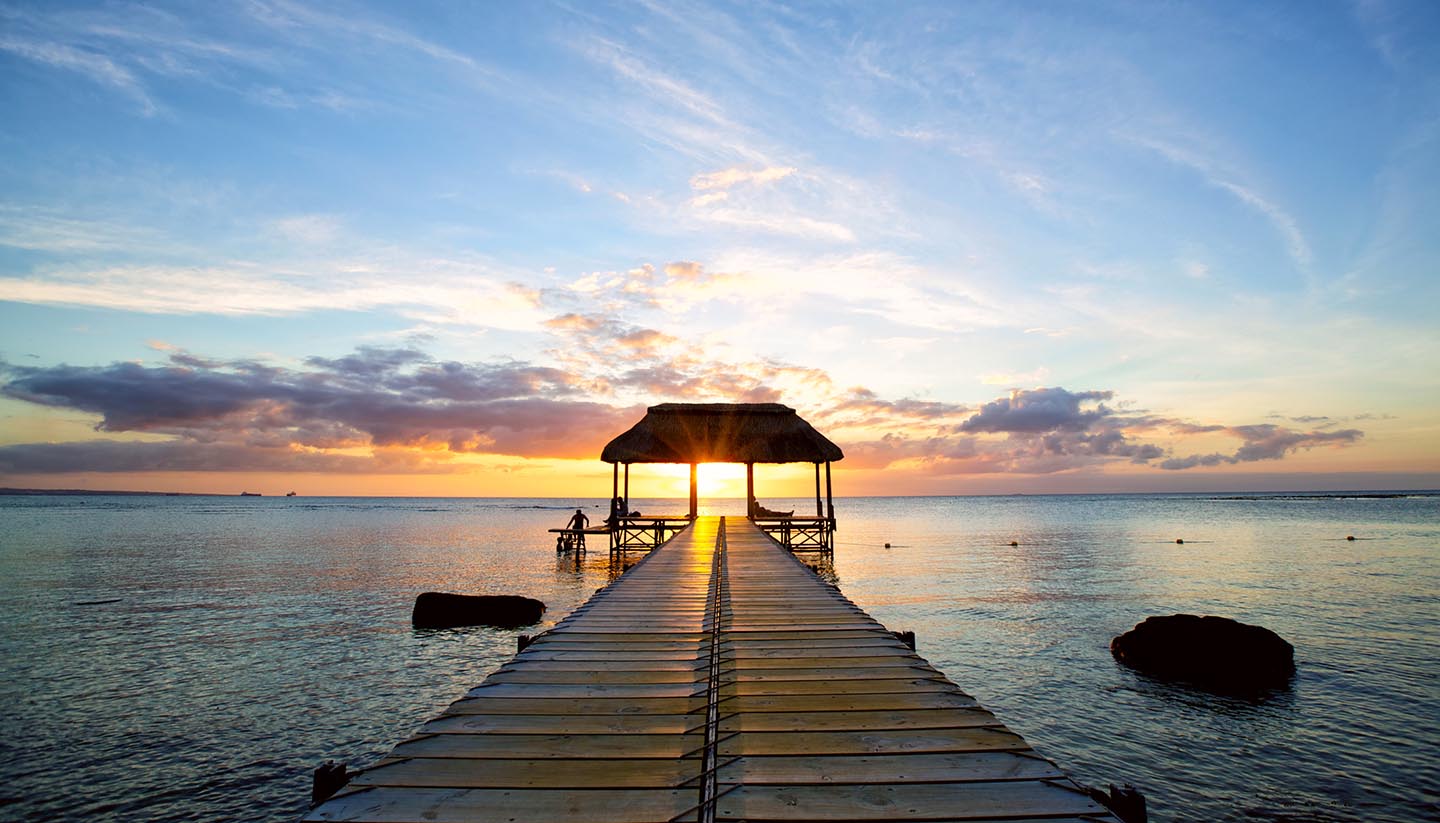Mauritius Health Care and Vaccinations
| Title | Special precautions |
|---|---|
| Yellow Fever | No* |
| Typhoid | Sometimes |
| Tetanus | Yes |
| Rabies | No |
| Malaria | No |
| Hepatitis A | Yes |
| Diphtheria | Sometimes |
* A yellow fever vaccination certificate is required of travellers over one year of age arriving from infected areas.
Health Care
Public medical facilities are numerous and of a high standard and there are several inexpensive private clinics, mostly staffed by doctors educated in the west. There is no reciprocal health agreement with the UK; foreign visitors have to pay at state-run clinics and hospitals. Emergency evacuation health insurance is advised for those at serious risk.
Note: For travellers applying for a working visa or permanent residence, a HIV test will be required.
Food and Drink
Water for drinking should have first been boiled or otherwise sterilised. Bottled water is readily available. Vegetables should be cooked and fruit peeled.
Other Risks
Dysentery, typhoid and hepatitis B occur, and meningococcal meningitis is a risk from December to June. More common is dengue fever and around 5,000 cases of chikungunya virus have been reported - precautionary measures should be taken, especially in summer (Oct to May). Stonefish stings are uncommon but can be fatal.


